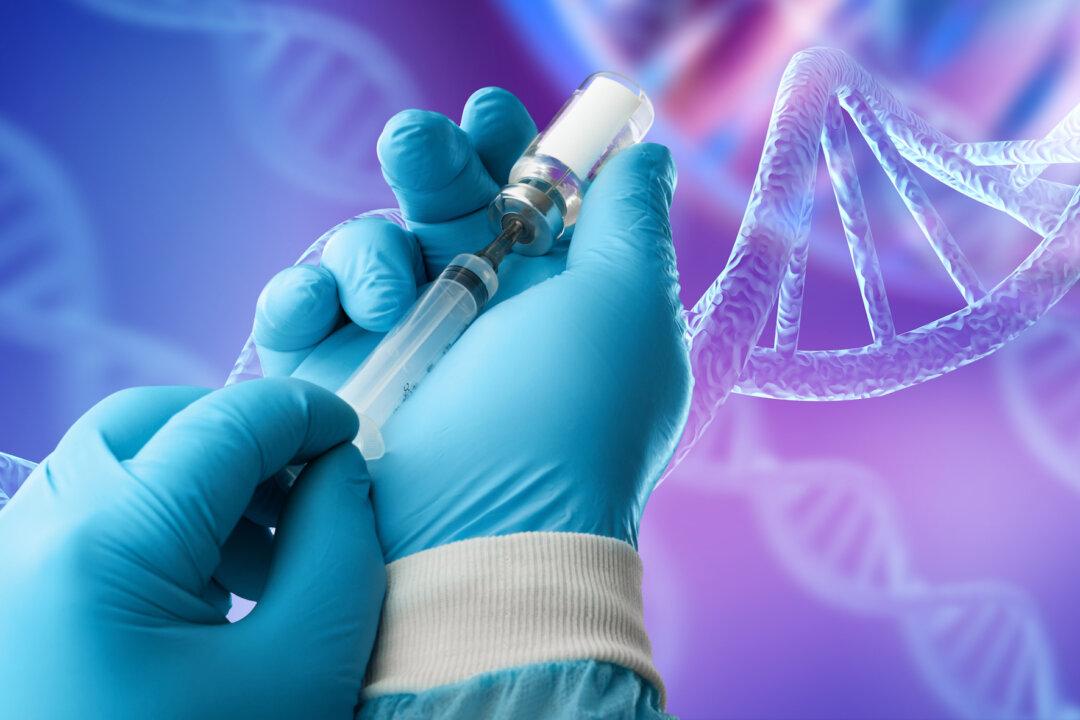As of early July 2022, 66 percent of the world’s population has been vaccinated with the COVID-19 vaccines. As more people are getting vaccinated, reports on adverse events and even side effects continue to emerge. Not only injuries on vital organs have been reported, but also psychiatric disorders have been reported as well. As off today, there are a total of 10 pieces of medical literature that have reported cases of newly developed mental illness after the patients were inoculated with the COVID-19 jabs.
New Psychiatric Disorders Appeared in Healthy Individuals Following Vaccination
A literature review published in May 2022 in Asian Journal of Psychiatry has reviewed 11 cases of psychiatric reactions to either mRNA or vector-based COVID-19 jabs. The original article mentioned 14 cases, and after a review 11 cases were confirmed with psychiatric disorders and three less relevant cases were excluded.Four cases were female, six cases were male, the remaining one was not reported. The typical case was commonly a young or middle-aged adult. The average age was 40 years.






